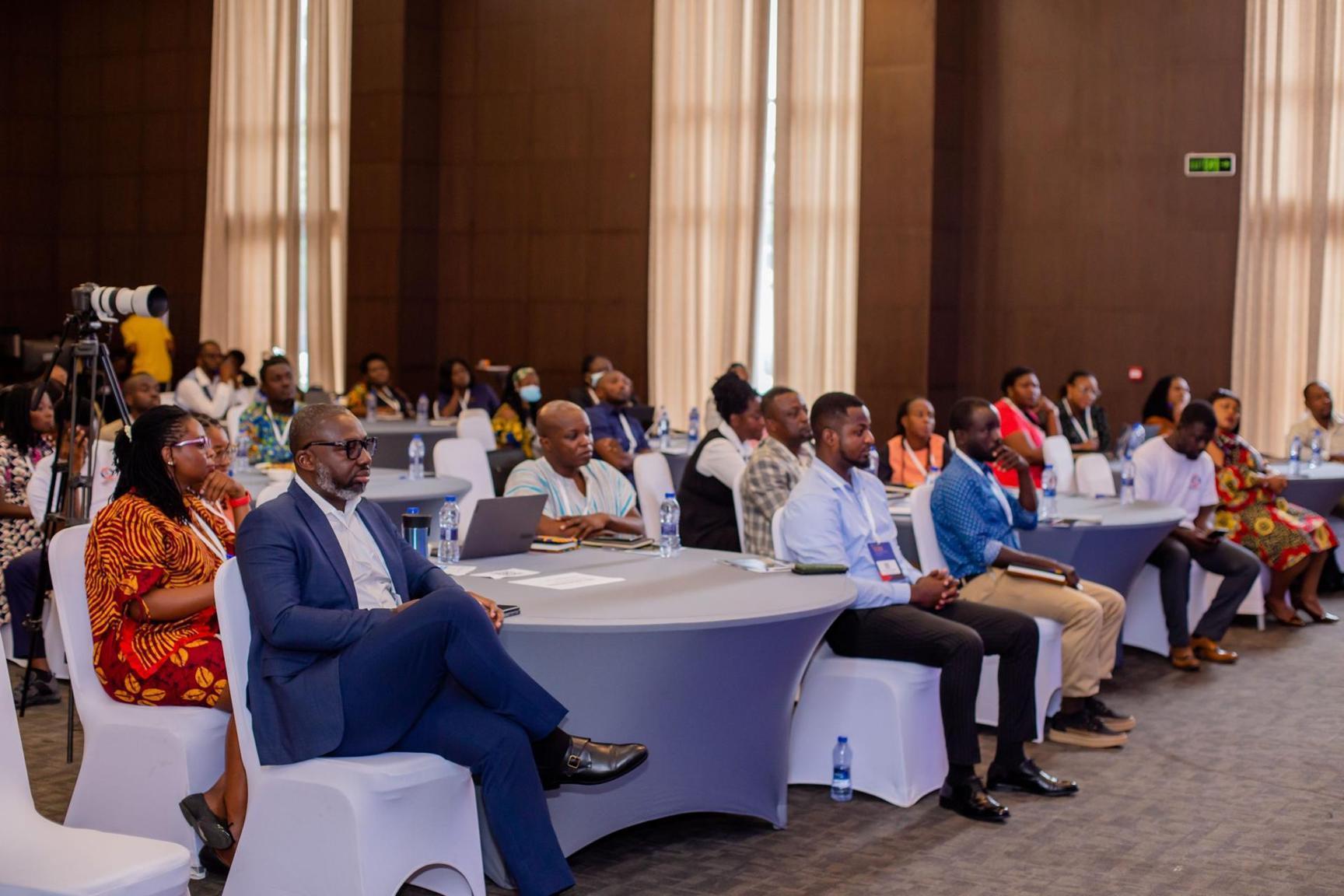Africa-Press – Ghana. Mr. Francis Bibuksi Assistant Chief Labour Officer, Labour Department, has disclosed that language is one of the major challenges hampering communication between multinational companies and the department.
Mr. Bibuksi said some of the owners of multinational companies established in Ghana do not understand or speak the English language, which is the official language in Ghana, making it difficult for them to communicate with them.
He said this during an International Labour Organisation (ILO) high-level corporate national dialogue for the realisation of decent work in Ghana in multinational enterprises (MNEs) held in Tema.
“Some of their owners, especially with the Chinese companies, do not understand or speak English. It is only one or two of them who have interpreters, so recently, most of the Ghanaian workers are learning the Chinese language to be able to communicate with them,” he said.
He noted that no official of the Labour Department speaks Chinese, creating challenges for them to effectively discharge their duties, which include conducting inspections at the companies and advising employers and employees on issues.
The assistant chief labour officer stated that the department would make recommendations to the Public Service Commission to look at the language situation when employing new officers for the department.
Touching on other challenges, he noted that some of the companies prevent labour officers access to their premises for inspection, stating that “some of these institutions have big walls like Nsawam prisons with one gate; when you get there, they ask if you have an appointment; if not, they won’t allow you into the premises.”
He said other challenges were human resource-based, noting that the department has about 70 district offices across the country, most of which are being manned by one officer, making it difficult for them to do the mandatory six-month interval inspections of the companies.
He said even though multinational enterprises help reduce unemployment, boost exports, and increase the government’s revenue, they must obey the laws of the country in dealing with employees and the labour department’s officials.
“It doesn’t mean that the citizens should be vulnerable in such enterprises; they should work in a friendly environment. They should respect the laws of the country and our officers when they come for inspections.”
Mr. Bibuksi stated, for instance, that even though the Labour Act enjoins companies to report incidents to the authorities, management of such companies do not, adding that in some cases, employees even die without a report on it.
Touching on workers’ compensation, he advised workers to do follow-ups when they make complaints and file documents for claims, indicating that it was a complex process that involves investigating the work and sometimes doing a physical examination of the victim.
He disclosed that the department receives over 1000 labour cases annually.
For More News And Analysis About Ghana Follow Africa-Press







